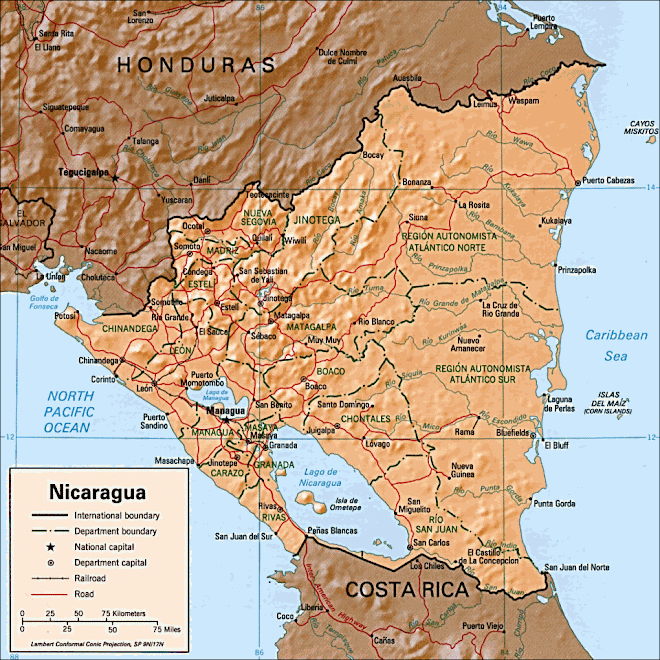
This week has been a long one, as I am trying to rethink ways of working successfully in El Menco. My work in three out of four sectors proves to be worthwhile, while the largest sector of Las Piedras still contributes little. Yesterday we had an interesting situation, and a difficult one that still isn’t resolved. We had a group of Rotary Club members visit in late afternoon, bringing gifts for the children of the people who benefited from the housing project. This was a great group of people who have been involved in this community for several years. They came from 
It’s even more complicated than this. When Kai and I arrived, we brought a bag full of school supplies from our community in
Another interesting aspect is that only ½ of the community has benefited from the housing project, and I think we’ve finally figured out why. Felix and I were discussing this, and he informed me that when they started researching the demographics of El Menco, they worked with another organization, and hired someone from the community to go house to house and conduct a census. This local person simply conducted the census in the side of the community that has easy access and never traveled the 6km to the other more impoverished side. Therefore, ANF thought they had complete data, and were a little confused when I started working with the other side. El Menco, of course is all four sectors. Many people in Las Piedras seem to think that the only place of value is their sector. It has caused some justified tension in the community, as the people from El Islote and
Felix and I also had an interesting conversation about the difficulty of doing aid work with populations that are altogether ungrateful, and at times, downright selfish. This evening was a great example, where we see that people won’t attend meetings unless they are promised something. I see several things. For one, this section of our community has several generations of dysfunctional families. Families of parents who have abandoned their kids, who have been left to be taken care of by other family members. Families of children having children, as most women in our community become mothers between the ages of 13-16 years old. Many marry at that age as well, but parenting skills are almost non-existent. Social skills are poor, and in general, people don’t treat others with compassion.
Second, their lives were changed so dramatically with houses, wells, and latrines, all within the same year, that they haven’t really understood the implications. They’ve never received anything like this, and even though things have been explained, I feel that the idea of having to co-pay on their house, let alone on a sliding scale, is so new to them, they will need a lot of explaining.
Also, it is difficult to identify leaders in a community from a distance, such as is the case with ANF or any other organization working with similar aid projects. ANF has relied on several leaders identified by the community to tell people about meetings. What I have realized though, is that in Las Piedras, those leaders have certain alliances, and although they tell many people, they are not necessarily looking out for everyone. Organizing the community needs transparent, direct communication that serves everyone, such as postering the community in various popular spots.
All in all, no doubt the work ANF does benefits hundreds of thousands of people, which is bringing people out of poverty every day. I think that they will find that if they invested in building an education team, that they would start seeing more sustainable results, and would have a closer understanding and connection with their beneficiaries. In general, I believe their projects would be more successful.

No comments:
Post a Comment